A record gap between petrol and diesel pump prices emerged last week, analysis suggests.
Diesel is now 17p a litre more expensive than petrol at an average of 180.22p while petrol is selling for an average of 162.96p across the UK.
Over the past two decades diesel has, on average, only cost around 5p per litre more than petrol. On rare occasions petrol has been more expensive than diesel but not by more than 2.5p.
RAC fuel spokesman Simon Williams said: “While average prices of both petrol and diesel have dropped considerably from the all-time highs of the summer, diesel is now a record 17p a litre more expensive than unleaded.
“The gap between the two fuels is normally around 4p a litre but this has widened since Russia invaded Ukraine. Prior to this, diesel had only ever been as much as 11p dearer than petrol back in August 2015.”
Looking at the two fuels on the wholesale market, the gap is currently 20p a litre but has been as high as 27p at the end of August this year.
“Despite this, the gap at the pumps in the following fortnight – the time it generally takes for price changes on the wholesale market to be fully reflected on the UK’s forecourts – only averaged 14p,” continued Williams.
“Several factors are combining to make diesel more expensive. While the EU is not set to ban Russian diesel imports until February 2023, the UK has already done so. This is significant as we used to import a third of our diesel from Russia.”
In addition, European demand for gas oil – red diesel – tends to go up at this time of year as it is commonly used for heating. And this is greater this autumn as Europe is looking to lessen its reliance on gas and, as a result, is boosting its diesel supplies to get through the winter.
A barrel of Brent crude oil is currently just below $90 a barrel, down from a year high of $128 in early March shortly after the invasion of Ukraine.
Pump prices reached a record high in early July 2022 when diesel hit a UK average of 199p per litre and petrol stood at 191.5p.
In July 2022, a review by the Competition and Markets Authority (CMA) into the road fuel market found that “the main drivers of increased road fuel prices are: the rising cost of crude oil; and a growing gap between the crude oil price and the wholesale price of petrol and diesel – the so-called ‘refining spread’.”
The CMA said “the ‘refining spread’ tripled in the last year, growing from 10p to nearly 35p per litre.”
Similar analysis by the RAC Foundation and the PA news agency of weekly fuel price data from the Department for Business, Energy and Industrial Strategy (BEIS) shows that as of the start of last week diesel was nearly 17p per litre more expensive than petrol, at 180.3p and 163.8p respectively.
Steve Gooding, director of the RAC Foundation, said: “In part this huge gap is the product of a dip in global demand for petrol following the end of the so-called driving season in the United States.
“But more significant is the rising global demand for diesel which is not only used as a road fuel but also, especially in continental Europe, as a method of heating and power generation and as a substitute for gas.
“Given that supplies from Russia have been cut back because of the war in Ukraine this means there are a lot of people chasing less stock.
“The bad news for UK diesel drivers – and the diesel-truck dependent UK freight industry – is that, with winter only just starting and the war in Ukraine showing no sign of ending, the sizeable gap between diesel and petrol pump prices is likely to continue for several months to come even if the cost of oil drops.”

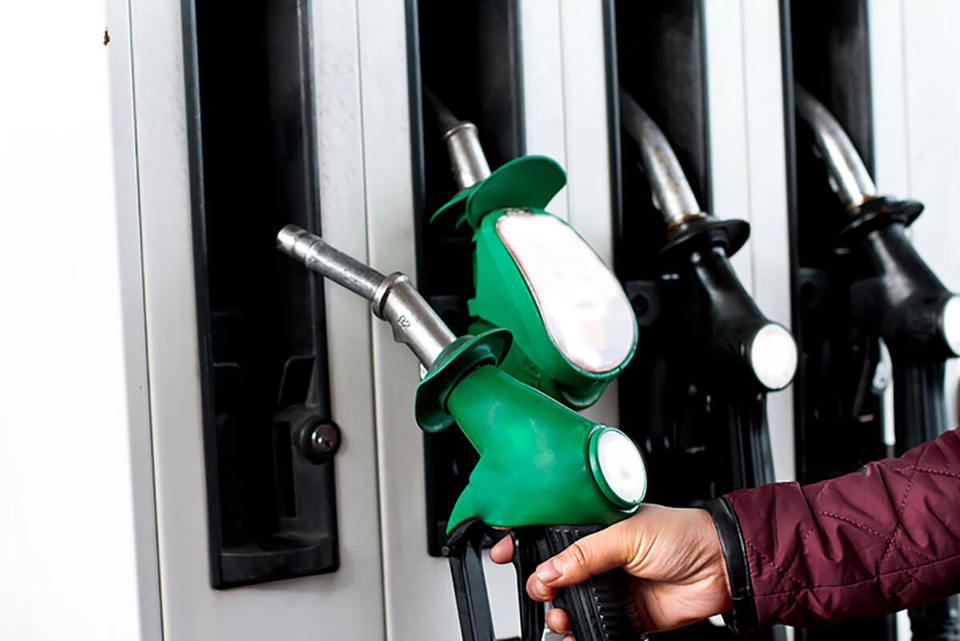




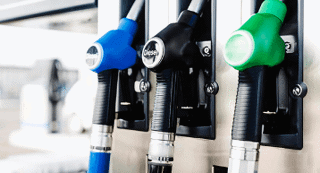
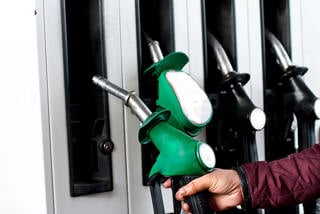
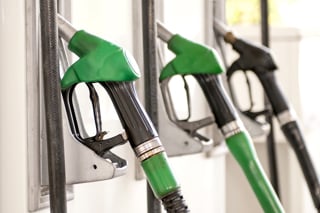
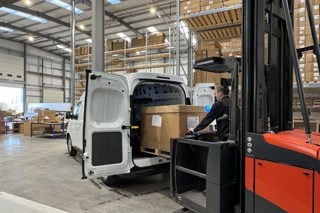












Login to comment
Comments
No comments have been made yet.